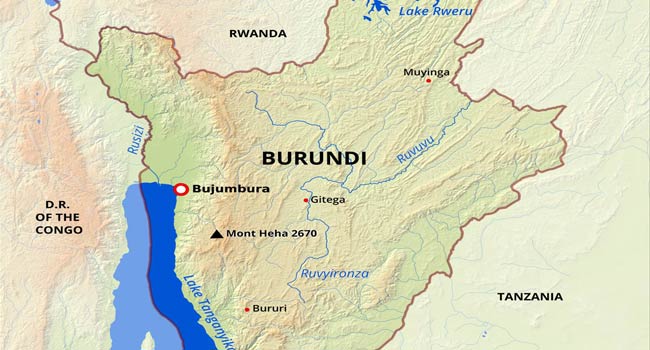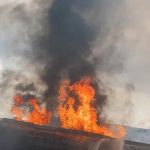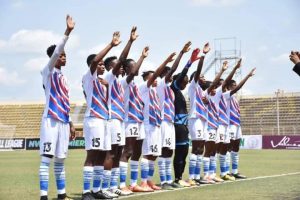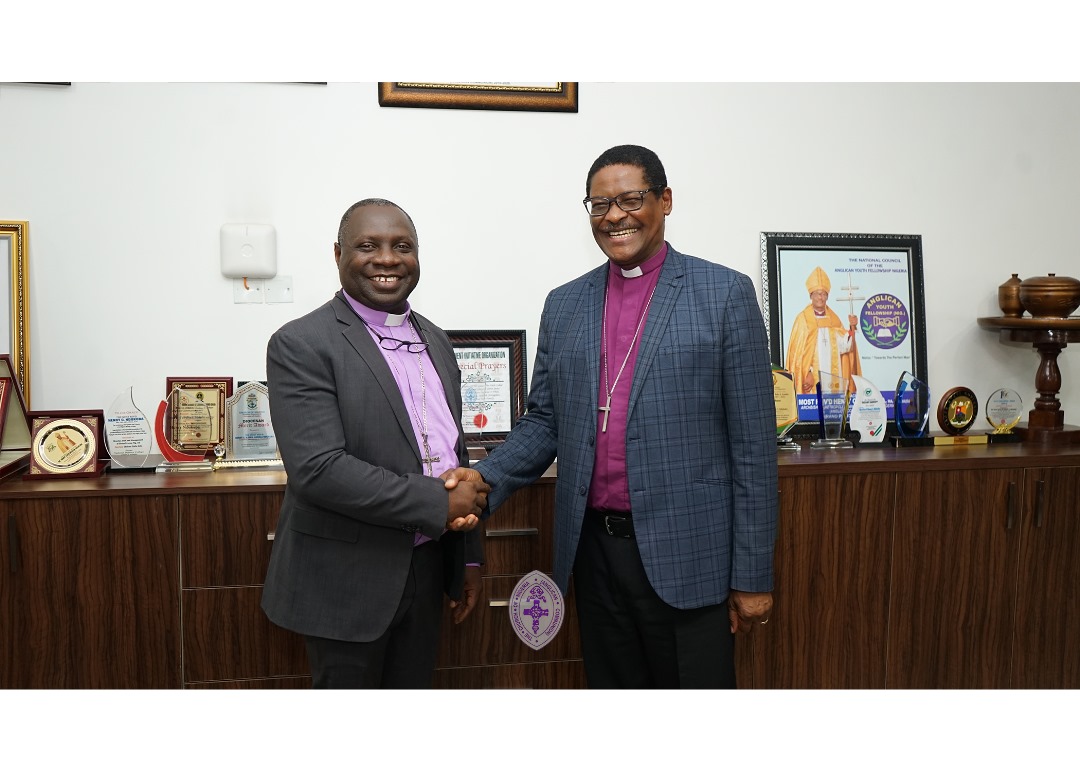Burundi on Monday launched a campaign for next month’s presidential, legislative and municipal elections, ignoring allegations of downplaying the risk of coronavirus and reports of violence against the opposition.
Seven candidates are running in the May 20 polls in the small East African nation, where life has proceeded largely as normal with authorities claiming God will protect citizens from COVID-19.
The ruling party and the main opposition party were expected to hold rallies Monday that could draw tens of thousands of supporters — the kind of large gatherings that have been banned in many other parts of Africa and around the world.
Burundi has recorded 15 cases of COVID-19 and one death, though testing has been extremely limited in this country of 12 million.
Few precautions have so far been taken for the campaign period which ends on May 17.
One politician, a high-ranking member of the ruling CNDD-FDD party, said the electoral commission had issued buckets of soap and water for use during campaign activities but acknowledged this would likely be ineffective.
“We realise that this will be useless. Everybody is obsessed with the electoral stakes… We’ll think about the pandemic later,” said the politician, speaking to AFP on condition of anonymity.
The opposition has accused the ruling party of recklessly proceeding with the election.
Amnesty International, in a statement Monday, said private institutions taking their own preventive measures against coronavirus “had been threatened with sanctions”.
General Evariste Ndayishimiye, the CNDD-FDD’s presidential candidate, is presented on campaign posters as the heir to President Pierre Nkurunziza, who is not contesting again after a tumultuous rule that began in 2005.
Ndayishimiye’s main opponent is Agathon Rwasa, the candidate for the National Council for Liberty (CNL) party.
The CNDD-FDD will launch its campaign in Bugendana, in the central Gitega province. The CNL has meanwhile chosen Ngozi, President Nkurunziza’s stronghold, and will bus in supporters from across the country.
Rights groups have accused the government of attacking and intimidating the opposition, journalists and civil society groups ahead of the poll.
“Violence and repression have been the hallmark of politics in Burundi since 2015, and as elections approach and the COVID-19 pandemic unfolds, tensions are rising,” said Lewis Mudge of Human Rights Watch in a statement Monday.









